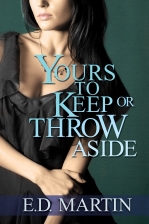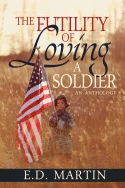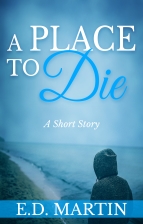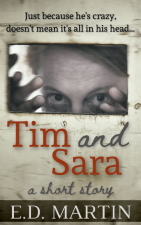Day 8 of the Blogging from A to Z April challenge. Today’s topic: historical fiction.
When I was in college I spent a semester studying in France. One of my classes was the History of France. I surprised the prof by not only knowing who Vercingétorix was (he led a rebellion against the Romans), but also the role that le gui du chêne (mistletoe from an oak tree) played for the Druids of Gaul. How did I know all that? Easy. I’d read Druids by Morgan Llywelyn.
In my high school American History class, I answered questions about the Triangle Shirtwaist Factory fire and the 1918 Influenza Pandemic before we’d covered them in class. That was because of the Sunfire series of romance novels, each about a teenage girl living in a different period of American history.
I love history, and while I enjoy biographies and other nonfiction books, I like it best when the stories come alive for me through the average person’s experiences – the whole showing instead of telling experience, I guess you could call it.
As a kid, there were a lot of books that taught me something while I read: James A. Michener taught me about the exploration of Alaska and the settlement of Hawaii, among other things. I learned all about the people of the Old Testament through Peter Danielson’s Children of the Lion series, given to me by my grandma as she pared down her books.
The list goes on and on, of course, and it continues to this past week, when apparently I was on a WWII Europe kick as I read
- 22 Britannia Road by Amanda Hodgkinson – a Polish couple who’ve reunited in Britain try to rebuild their marriage after their experiences during the war.
- The Betrayal by Helen Dunmore – a Russian doctor is arrested by the MGB (precursor to the KGB) in post-WWII Leningrad.
- Between Shades of Gray by Ruta Sepetys – a YA story about a Lithuanian girl whose family is deported to a Siberian work camp on the eve of WWII.
Do you enjoy historical fiction? Is there a certain time period you like best, or are you like me and eager to read whatever you find?





